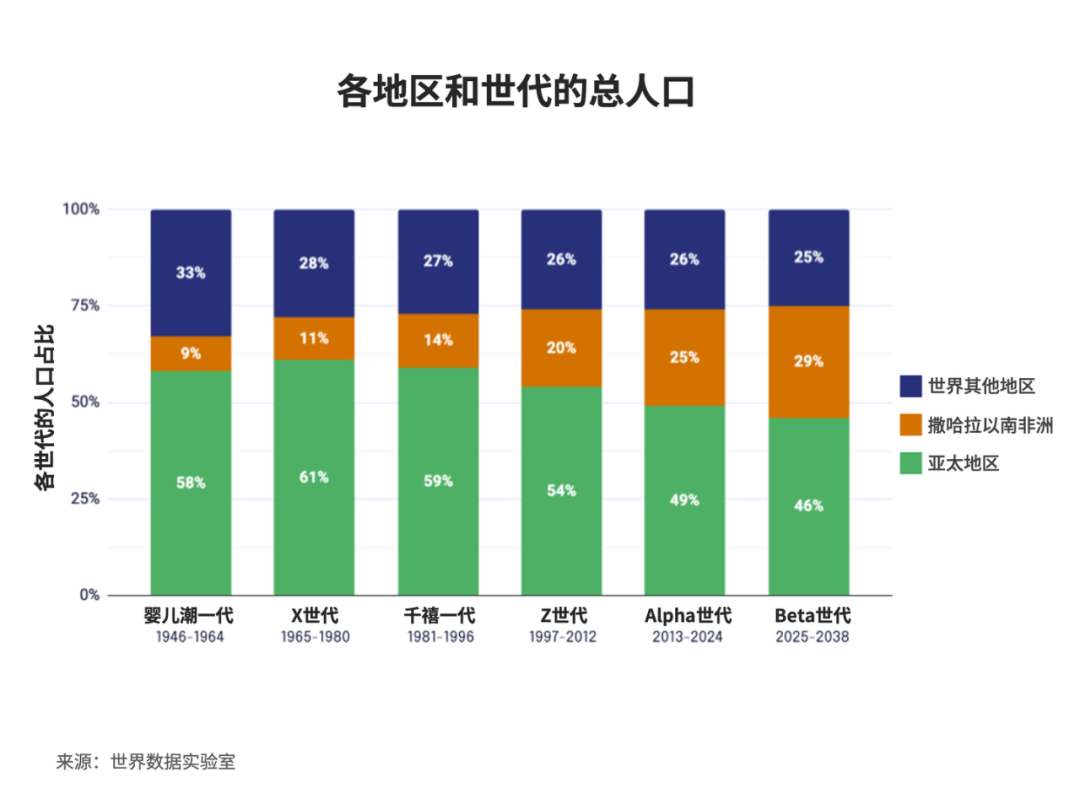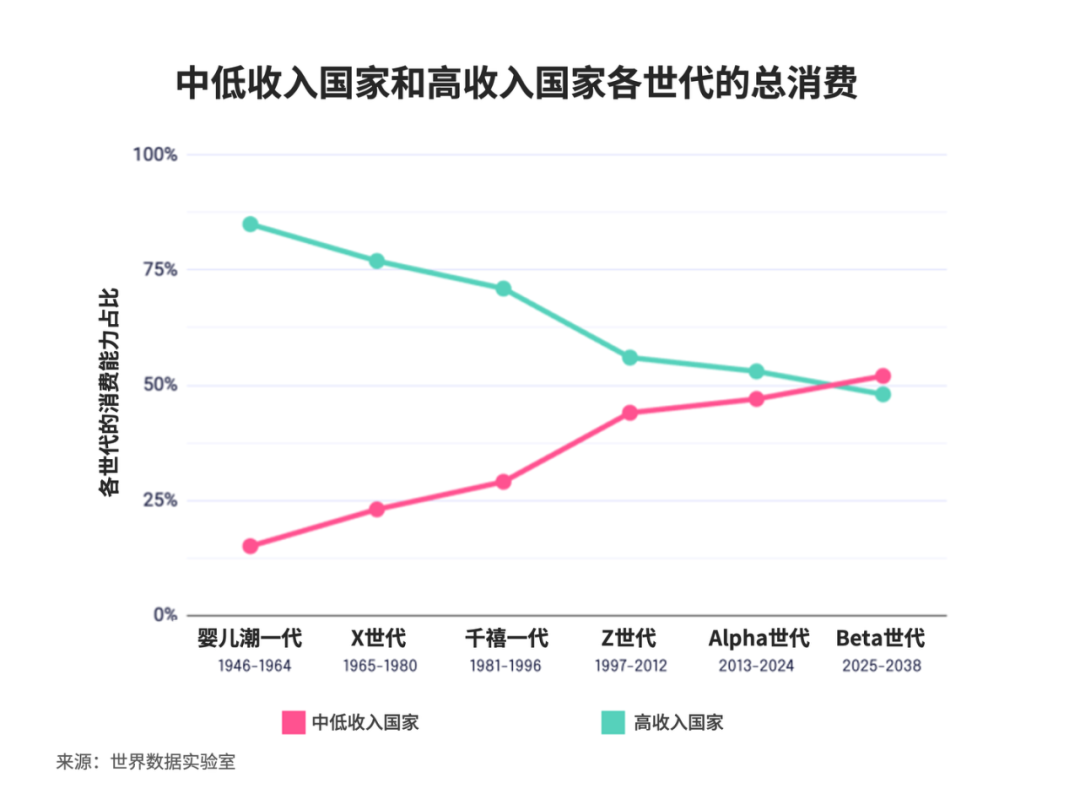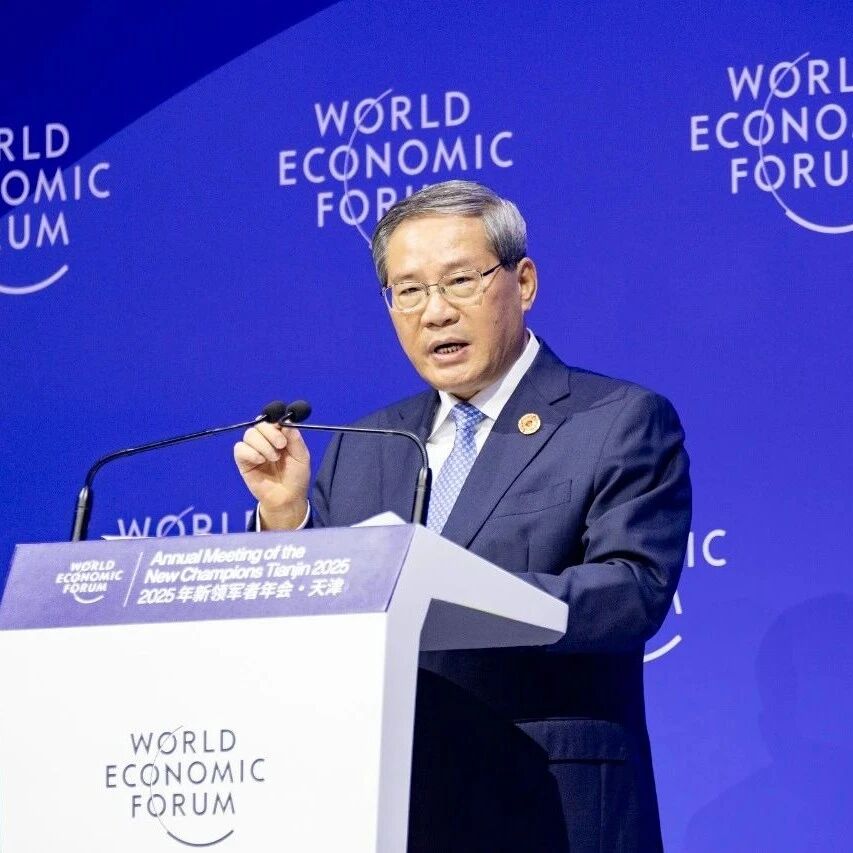Home/News/Four facts you need to know about "Generation Beta" and its impact on the global economy/
Four facts you need to know about "Generation Beta" and its impact on the global economy
2025-03-13
Beta(2025-2038)
:Unsplash/Tim Bish
Juan Caballero
World Data Lab
Marco Fengler
World Data Lab
Beta2025-2038,Z
Beta,
2050,Beta18%,
20251,Beta2025-2038,Z2050,Beta18%,Beta,Beta46%X“”,61%,BetaBeta,()
:
()202314005
:
3. Generation Beta will be the most urbanized generation in history.Newborns are often born in rural areas. In countries like the United States, families in rural regions typically have more children, while adults of working age and wealthier populations are more likely to live in urban areas.The Beta generation is becoming the most urbanized generation in history. Currently, only half of Beta-generation newborns are born in cities, but by 2040, 58% of the Beta generation will live in urban areas—surpassing both the Alpha generation (53%) and the Z generation (45%), who currently have similar urbanization rates at the same age group.Harvard University economics professor Edward Glaeser explores in his book *The Triumph of the City* how economic forces shape urban life. As the book notes, cities are the very heart of prosperity. Their high density fosters economies of scale, enabling residents to access a wider array of goods and job opportunities. This, in turn, fuels urban growth—and many members of Generation Beta will likely find themselves living in precisely these thriving cities.4. Generation Beta will be the "bridge generation" for technology.Generation Z and Generation Alpha grew up in a digital environment. Today, AI automation, global uncertainties, extreme weather events, resource pressures, warfare, and political instability will shape the growth patterns of Generation Beta. Meanwhile, parents' post-pandemic mindset, along with demographic and geographic shifts, will influence Generation Beta's consumption habits.The Beta generation will grow up immersed in online games and electronic gadgets, rather than traditional toys. According to World Data Lab forecasts, by 2035, the Beta generation is expected to spend $113 billion on consumer electronics—2.4 times more than what Generation X is projected to spend over the next decade. Moreover, by the time the Beta generation reaches their parents’ current age, they’ll generally be wealthier than Generation Z.Consumption by Generation Beta is becoming increasingly important.It’s equally important not to overlook the other generations currently driving global spending. For at least the next two decades, before Generation Beta starts making their own consumer decisions, most of their purchases will still be influenced by their parents. And even by 2050, though Generation Beta will account for 18% of the global population, they’ll represent only 12% of global consumption.In fact, Generation X deserves the most attention lately: they are set to inherit wealth from the Baby Boomers. Although their population size is roughly comparable to that of Generation Beta, they are currently at the peak of their careers and spending power. Forecasts indicate that Generation X will dominate the largest share of consumer spending in high-income countries, driving global consumption well into at least 2033.We often can't help but focus on newborns, but it’s crucial not to place too much economic emphasis on them just yet. Instead, we must consider the environment, birthplace, potential migration patterns, and evolving priorities that Generation Beta will inherit from previous generations—only then can we truly understand the world they’re about to enter and how they’ll shape its future.
The above content solely represents the author's personal views.This article is translated from the World Economic Forum's Agenda blog; the Chinese version is for reference purposes only.Feel free to share this in your WeChat Moments; please leave a comment at the end of the post or on our official account if you’d like to republish.
Translated by: Di Chenjing | Edited by: Wang Can
The World Economic Forum is an independent and neutral platform dedicated to bringing together diverse perspectives to discuss critical global, regional, and industry-specific issues.
Follow us on Weibo, WeChat Video Channels, Douyin, and Xiaohongshu!
"World Economic Forum"







